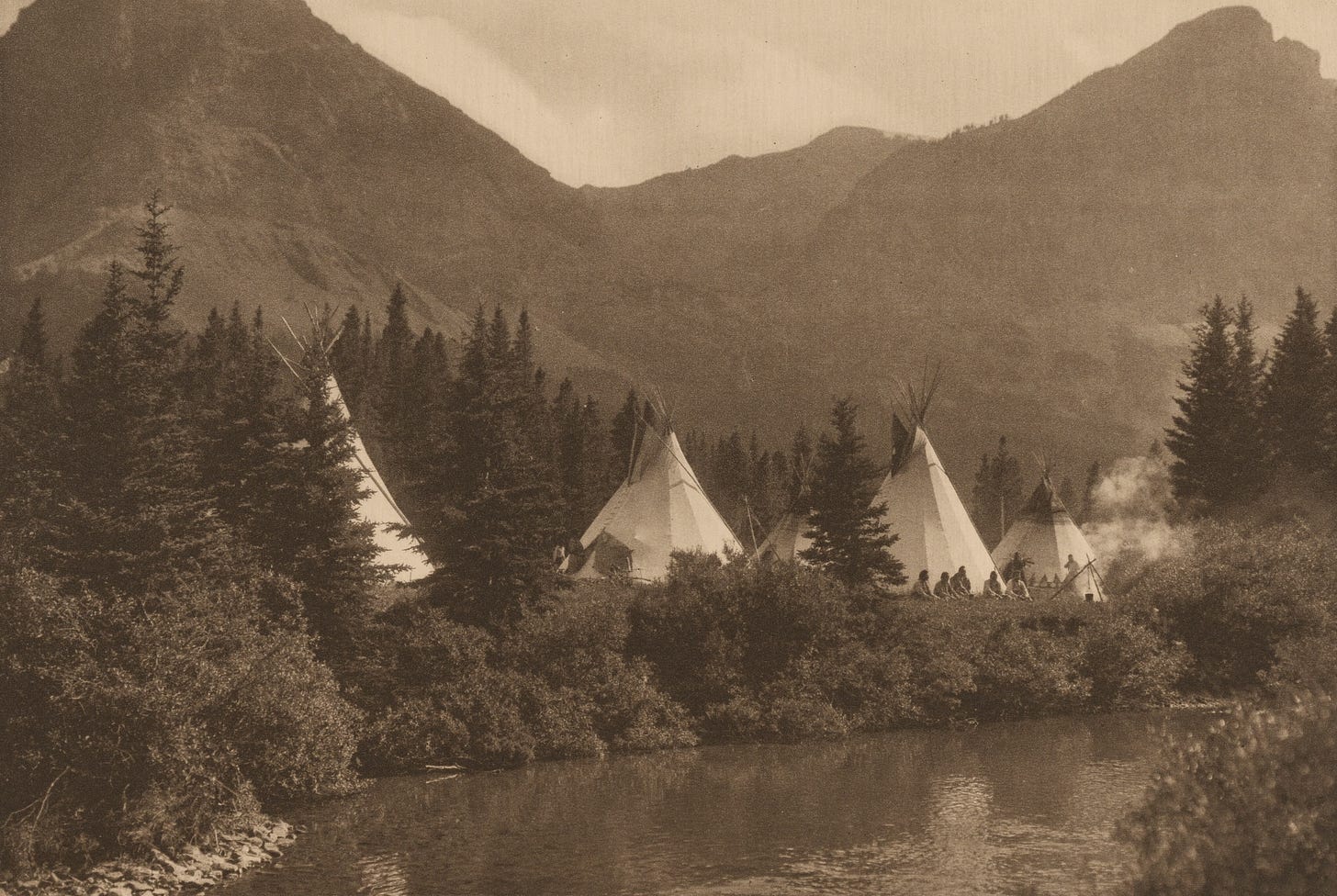A counselor once asked me, “What are your earliest memories?” After a moment of thought, I responded, “Being alone.” She stared back through sad, glossy eyes.
As a child, I didn’t realize what amenities I had, or what opportunities existed outside my tiny world. I do not recall thinking how poor we were, or how bad we had it. When I was alone, my focus was on my next meal — often going without.
I remember walking to the outhouse late at night, unaware that most folks have electricity and indoor plumbing. Our quaint log cabin, pressed against a sea of evergreens, belonged to the most recent of my mother’s boyfriends.
I would learn years later that my father never knew I existed. He was serving life in prison; somehow making it more likely I’d be incarcerated at some point. A proverb about apples falling from a tree comes to mind.
I remember coming home to an empty house, my old dog eager to see human life.
I remember Bush, Sr. “D.A.R.E.ing” me to stay drug-free, and an old country proverb, “He who splits his own wood warms himself twice,” echoing in my head as I split kindling or carried wood for the evening fire.
I remember steam rolling off my hand-me-down clothes, damp after the long walk home from the bus stop in the rain.
I remember warming my pitch- and dirt-stained hands near the fireplace.
I remember the smell of woodsmoke and wet dog filling the small living room.
I remember putting another log on the fire, because if the fire died the water pipes would freeze.
I remember burying the kittens that didn’t make it through the night when my mom was out of town with “friends” and it was my responsibility to keep the house warm and look after the pets.
I remember the neighbor molesting the child that was alone ...
I read once that “adults in poverty are three times more likely to be arrested and fifteen times more likely to be charged with a felony.”
I remember a father who didn’t exist and a mother arguing with the police.
I remember sitting in the back of a cop car after a fight at school.
I remember doing homework on a car dashboard after school in front of a local bar. I remember being torn from sleep as the engine came to life at one in the morning and seeing my mother’s drunken eyes in the dashboard lights.
I remember the sweet bite of Crown Royal as she spoke: “OK, we’re headed home.”
I remember trying to go back to sleep because I didn’t want to witness the accident that finally “took us home.”
I once read an article that said: “A boy in the bottom 10 percent of the income distribution is 20 times more likely to end up in prison by his thirties than a boy in the top 10 percent.”
Two months after my thirty-first birthday, I was arrested and charged with murder.
Only after I fell victim to my own ignorance and proved the statistics true did I grasp what a history of child abuse, neglect, and trauma can do when left untreated. Couple this history with military training and combat overseas, and you get a recipe for disaster — just like mom used to make.
Turns out I’m not alone: Two in five inmates have a mental health diagnosis and there are about 2.2 million inmates across the US (Yeah, not alone anymore ... )
Growing up, I never thought that having only one parent would make me twice as likely to come to prison. I recall being fifteen, sleeping next to my hunting rifle in case my mom’s drunk, abusive boyfriend made good on his threats.
“I MUST SHOOT HIM BEFORE HE SHOOTS ME! I WILL!” echoes through the squad bay as a hundred Marine Corps recruits recite the rifleman’s creed before lights-out. I lie in my bunk and think to myself, “How many men in that squad bay, or this cellblock, grew up in poverty?” Turns out, over half.
Fifty-seven percent of us, right out of the gate, were subject to developmental issues, impulse control, low self-esteem, and reduced educational achievements. JESUS, that sounds bleak. I started to doubt the data — no way that is right ... but then I remember the man I killed, and think, Should I be alive? If I had just died overseas he might be alive. My wife and kids wouldn’t have to go through this. Maybe I did die. Maybe one of those close calls was closer than I realized. Was it one of the IEDs or that sniper round that cracked past me, or the motorcycle wreck, or a bar fight? Am I alive? The lack of feeling sometimes would suggest otherwise.
It is a cold winter day. A young woman is driving to visit her husband in prison. A tiny voice of six asks, “Aunt Sissy?”
“Yes,” the woman responds.
“Is Uncle Jeff in prison for hurting someone?” the tiny voice asks.
The woman pauses to gather her thoughts before responding to her niece. “Yes,” she answers. The word feels heavy across her lips.
The little girl pauses a moment, as if in deep thought, before asking, “If someone hurt me, would he hurt them back?”
“Yes, he would.” They find a strange comfort in that hard truth. The girl stares out the window at a ray of sun piercing the clouds and a smile spreads across her face. “OK.” | JW
JEFF WITT GREW UP IN A SMALL OREGON LOGGING TOWN AND SERVED IN THE US MARINES. HE HALF OGLALA AND SICANGU SIOUX AND A MEMBER OF THE LAKOTA OYATE-KI CULTURE CLUB. JEFF STARTED WRITING TO EXPAND HIS KNOWLEDGE AND EXPRESS HIMSELF.

